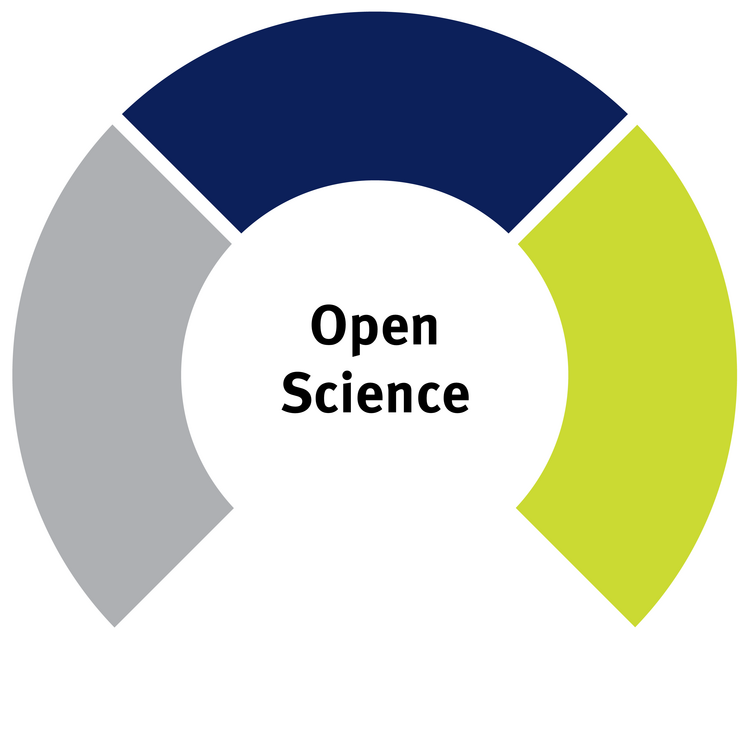Open Science - Shaping science together

With the “Open Science” movement, scientists make their research processes visible to the public by clearly presenting their methods and sharing their data. This allows for fellow scientists and interested parties to understand the underlying projects and processes the scientist originally used in their research, and if necessary, collaborate on improvements beyond the confines of institutions.
“We raise the quality of our research by bringing transparency to the process” says Professor Dr. Katharina Rohlfing, spokesperson of TRR 318. “Within the Transregio, we are already working across disciplines: researchers from various scientific fields come together, exchange ideas and thus enhance each other’s knowledge. With Open Science, we are looking for exactly this kind of exchange with experts outside of the project.”
Resources
The TRR Wiki contains a glossary of terms from the field of explainable AI that are used in the subprojects of TRR 318. The Wiki was launched by members of the INF subproject and is continuously being updated and expanded.
Link: The TRR Wiki
The ADEX linguistic coding scheme is used to annotate the utterances of the interlocutors while explaining a game. This annotation includes the spoken and its content classification. The coding scheme was developed by TRR researcher Josephine Fisher in project A01 Adaptive explanation generation.
Decisions made by Artificial Intelligence are not based on a single attribute, but on many. Most attributes interact with each other. Researchers of Subproject C03 developed the openscoure-tool shapiq to better understand these interactions. The tool allows the efficient computation of the attributes and can visualize the interactions.
More information in the GitHub-Repository.
Do Science Yourself! - Instructions & tutorials on scientific methods
Git is a free distributed version control system for software projects, released in its first version in 2005. The program allows multiple developers to work on a project simultaneously, regardless of their location.
Version control makes it easy to independently add changes to the project from anywhere, to log and track those changes, and to access older states of the project at a later time. Git is platform independent and can therefore be used in almost any environment.
TRR researchers Vivien Lohmer (A04) and Amelie Sophie Robrecht (A01) have summarised in a tutorial and cheatsheet how Git and sustainable data storage works:
